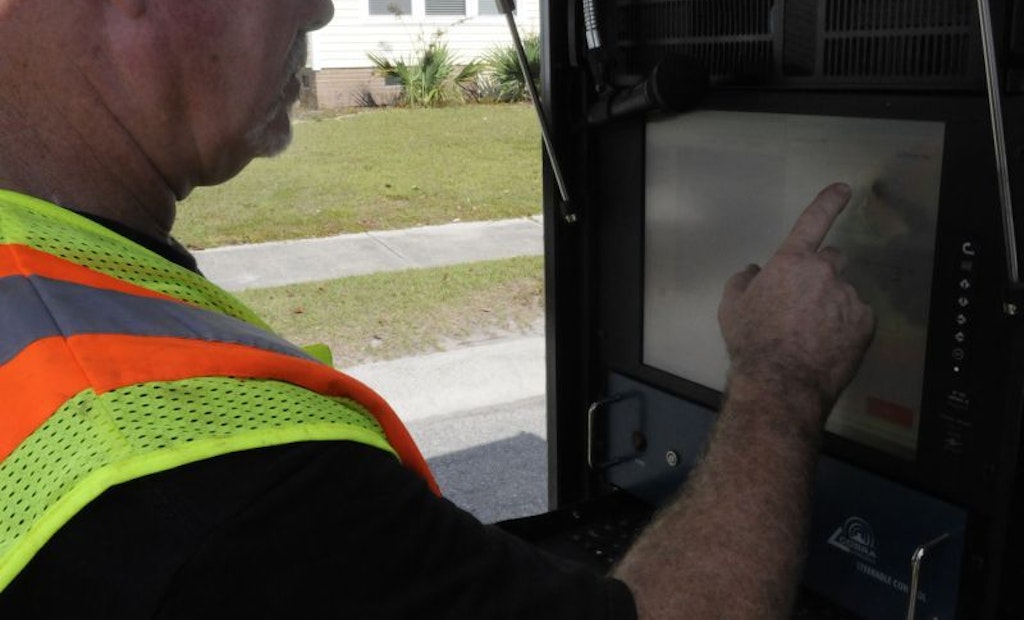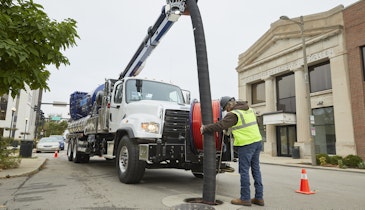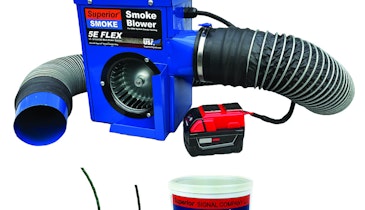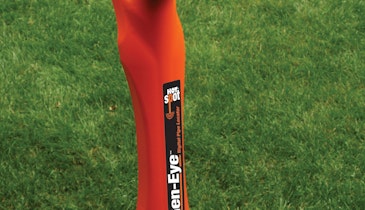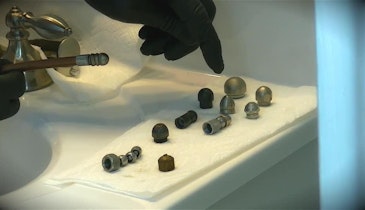Interested in Safety?
Get Safety articles, news and videos right in your inbox! Sign up now.
Safety + Get AlertsTraining a good CCTV inspection operator doesn’t happen by accident; it requires precise planning. This will ensure that training covers every important and necessary point. A plan will also provide a measuring stick of the candidate’s progress.
Many operators are asked to begin inspecting pipe after only receiving a few days of factory orientation and PACP training. As valuable as this training is, it doesn’t come close to sufficiently preparing an operator. There are many other areas that need to be learned and practiced.
Training goals should be documented and then checked off as milestones are achieved. Ensuring that each area is covered in detail will guarantee the operator is fully competent at the conclusion of the training period.
Training can be broken down into four main areas:
1. Safety, setups and traffic control
This is a great place to begin. By observing how the CCTV van pulls up to the work site and sets up traffic control, they will learn the proper way by example. It’s important to always remind them of the safety concerns while working in and around traffic. Contractors need to teach them the right method for opening manholes and then maintaining a safe work environment while the manhole is open. Finally, you need to give them time to observe the effect on traffic flows and pedestrians while encouraging them to make appropriate changes when necessary.
2. Equipment care and maintenance
These are critical parts of training. The success of a CCTV inspection program is achieved based on the candidate’s ability to fix broken equipment and keep it working in the field. The candidate must learn the right way to configure the CCTV camera and crawler for various pipe sizes and perform regular preventive maintenance. They should learn how to make minor repairs and how to diagnose major ones.
Maintaining the generator and vehicle engine is another important part of training. The candidate must be instructed on the proper way to perform daily fluid and engine checks and document them accordingly.
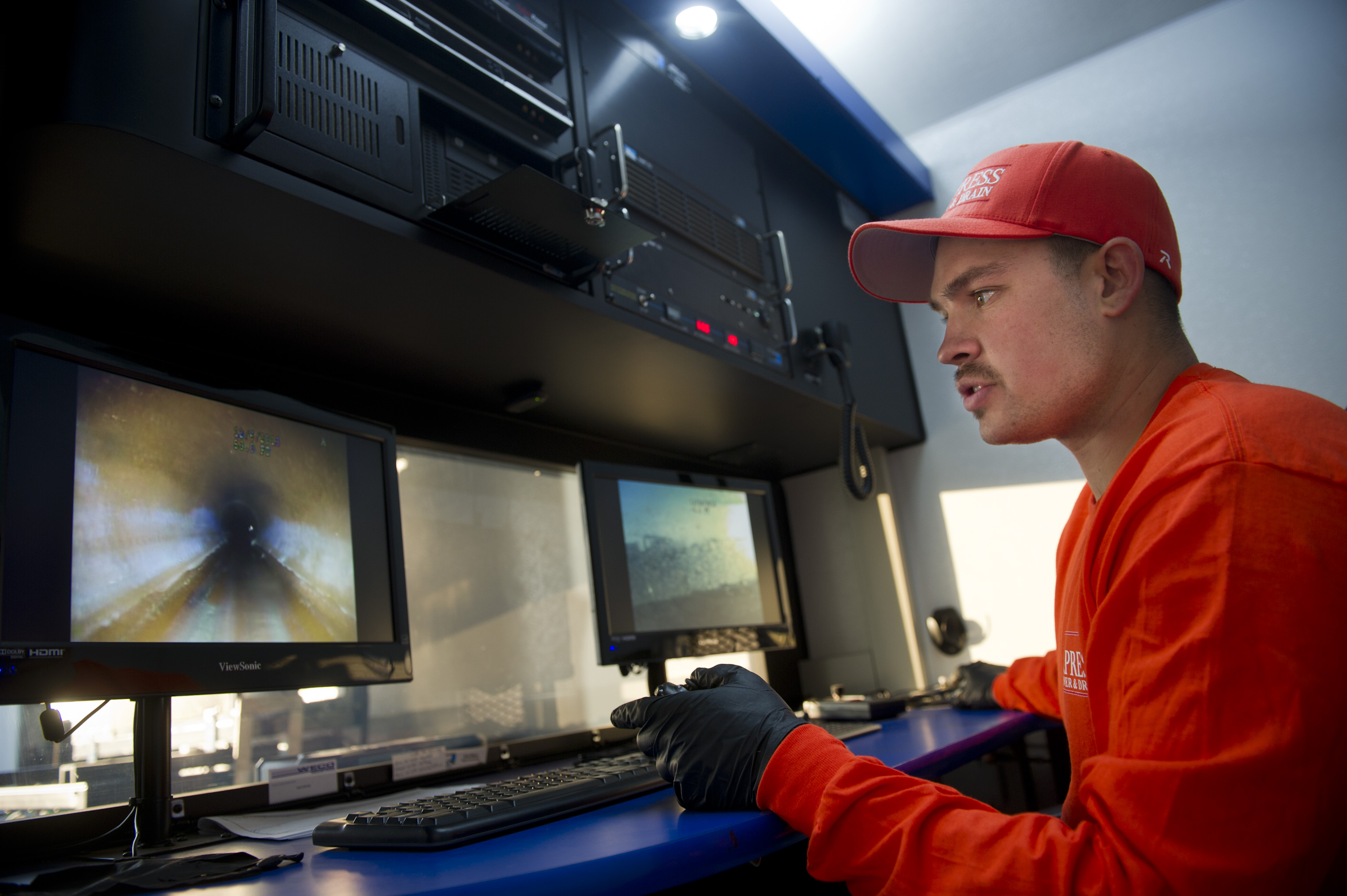
3. Inspection software and data management
Inherently, this may be one of the most challenging areas of CCTV inspection training. The overall success of an operator will depend greatly on their ability to thoroughly learn the inspection program. They must become very familiar with creating databases, setting up new inspections, conducting inspections and then exporting the data out of the program.
Computer ability is key. Without a strong knowledge of Microsoft Windows, a candidate will be lost when it comes time to moving and exporting files to external hard drives and merging databases.
4. Inspecting pipe
This is the core of an operator’s function. With PACP certification under their belt they should be familiar with the process of driving a camera down a line and making correct observations. Operator candidates should be encouraged to memorize the codes in order to become more efficient during the inspections.
Candidates need to be given examples of what high-quality inspection videos look like. They should take the time to watch good videos in order to emulate correct methods for inspecting pipe. Last of all, as they begin to inspect pipe, their videos and reports should be reviewed thoroughly by a seasoned operator in order to catch incorrect procedures long before they become bad habits.
One of the best ways to prepare a future operator is by placing them in a support role. With early exposure to the industry, each party (operator and contractor) can decide if it’s a fit long before time and money are invested in training.
Training a future operator in a support role will also help absorb some of the cost of training and provide a perfect environment to prepare a quality pipeline inspection operator.
About the Author
Jim Aanderud is owner of Innerline Engineering, a video pipeline inspection company based in Corona, California.
